Whether you are employed or self-employed, you face a complex web of tax legislation that is constantly evolving, to reflect changing government policies and the differences in the way the world operates today.
The range of personal tax charges, rates of tax and allowances that exist is enormous and which ones apply to you will depend upon your circumstances.
Careful tax planning is essential and something that we can help you with; our tax advisers are experienced in helping private clients to mitigate their tax liabilities whilst complying with UK tax law at all times.
At George Hay, we place importance on getting to know our clients and understanding what it is that really matters to them in respect of tax planning and protecting what they have worked hard for. Our proactive approach to working with you means that you’ll always be one step ahead – we’ll keep you informed about changes to legislation and alert you to opportunities to minimise your tax bill.
Self-Assessment Tax Returns (SATRs)
We are experienced in assisting individuals with the Self-Assessment Tax Return (SATR) process; from registering for Self-Assessment and identifying the reliefs that are available to you, to ensuring all submission and payment deadlines are met and dealing with HM Revenue & Customs (HMRC) on your behalf.
Although handling your own Self-Assessment Tax Return is an option, if your tax affairs are anything other than straightforward, this is best avoided.
Working with an adviser that you trust can eliminate unnecessary worry, save valuable time and money and avert risk. By entrusting us with your annual tax return you can take comfort in the knowledge that your tax affairs are being taken care of quickly, efficiently and compliantly.
Capital Gains Tax (CGT) returns for Non Residents and Residents
Since 2015, Non Resident (NR) individuals and trusts have been liable to CGT on the disposal of UK residential properties and since 6 April 2019, NRCGT has also applied to direct and indirect disposals of commercial property and land in the UK.
Whilst there are exceptions, more often than not a NRCGT return must be submitted whether a gain or loss is made and within 30 days of the date of disposal.
If you’re a non-UK resident and you’re unsure about your CGT liabilities when disposing of UK land and property, you should seek professional advice.
From 6 April 2020, UK residents who dispose of a residential property on or after this date, that gives rise to a CGT liability, must submit an online return to HMRC and pay the tax due within 30 days of completion of the sale subject to some exceptions.
This is in contrast to the pre-April 2020 position, whereby taxpayers had until 31 January after the tax year in which the disposal is made, to complete a return and settle their liability.
If you are already in the self-assessment system, the disposal of residential property must also be reported on your self-assessment tax return.
Going forward, UK residents must carefully consider their tax filing and payment obligations ahead of the completion of a sale.
Whether Non Resident or UK Resident, we can assist you with calculating a reliable estimate of your CGT liability, and with completion and submission of the relevant capital gains tax return.
Other personal tax services:
Our team of trusted tax advisers, operating across Bedfordshire, Hertfordshire and Cambridgeshire, can advise you on the following personal tax matters:
- Income Tax planning
- Rental and other property businesses/transactions
- Pension Tax
- National Insurance Contributions (NIC)
- Capital Gains Tax (CGT) planning
- Inheritance Tax (IHT) and estate planning, inc. the use of Trusts
- Tax on personal savings and other investments
- Retirement planning
To discuss your personal tax affairs in more detail with one of our professional tax advisers, please give us a call at one of our offices in Biggleswade, Huntingdon and Letchworth, today.























